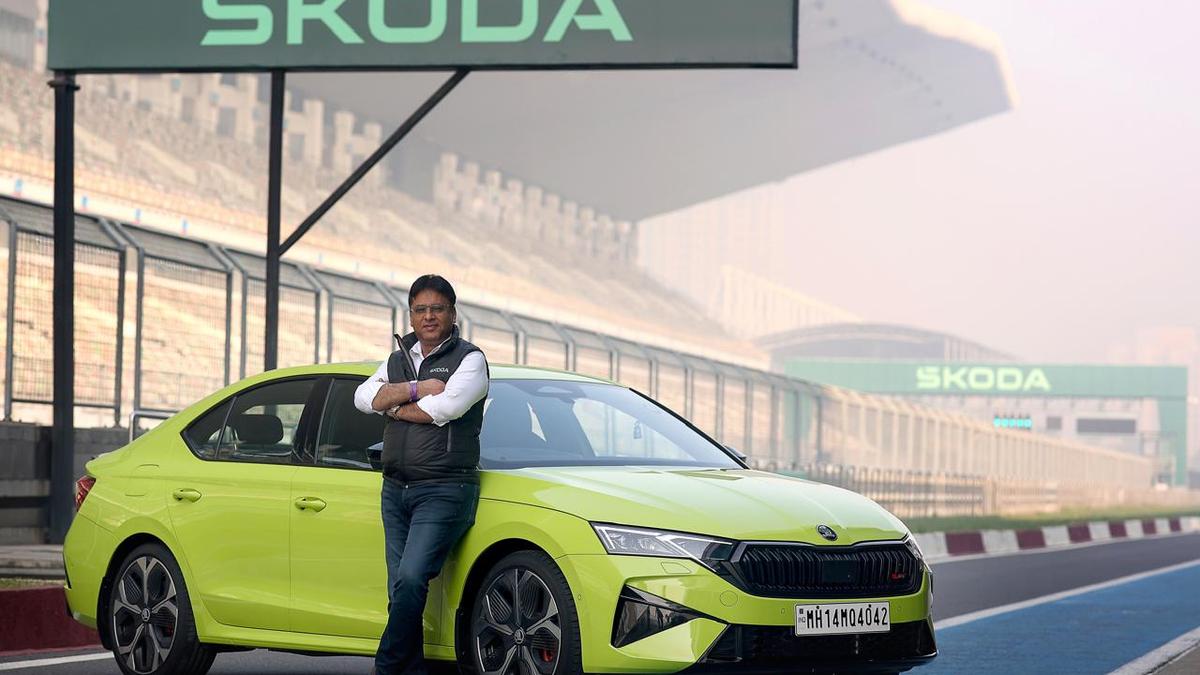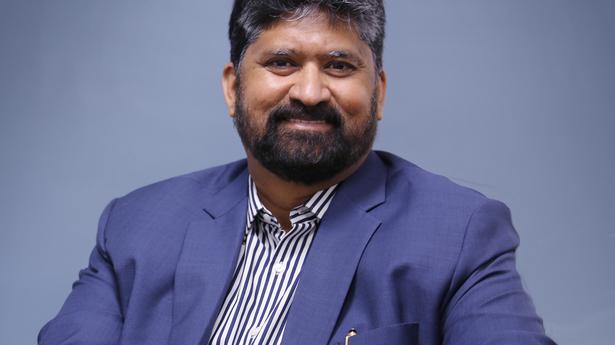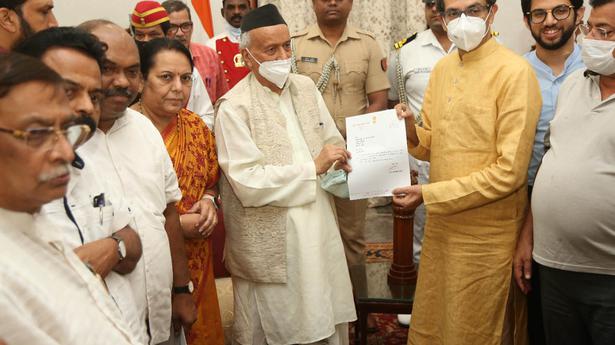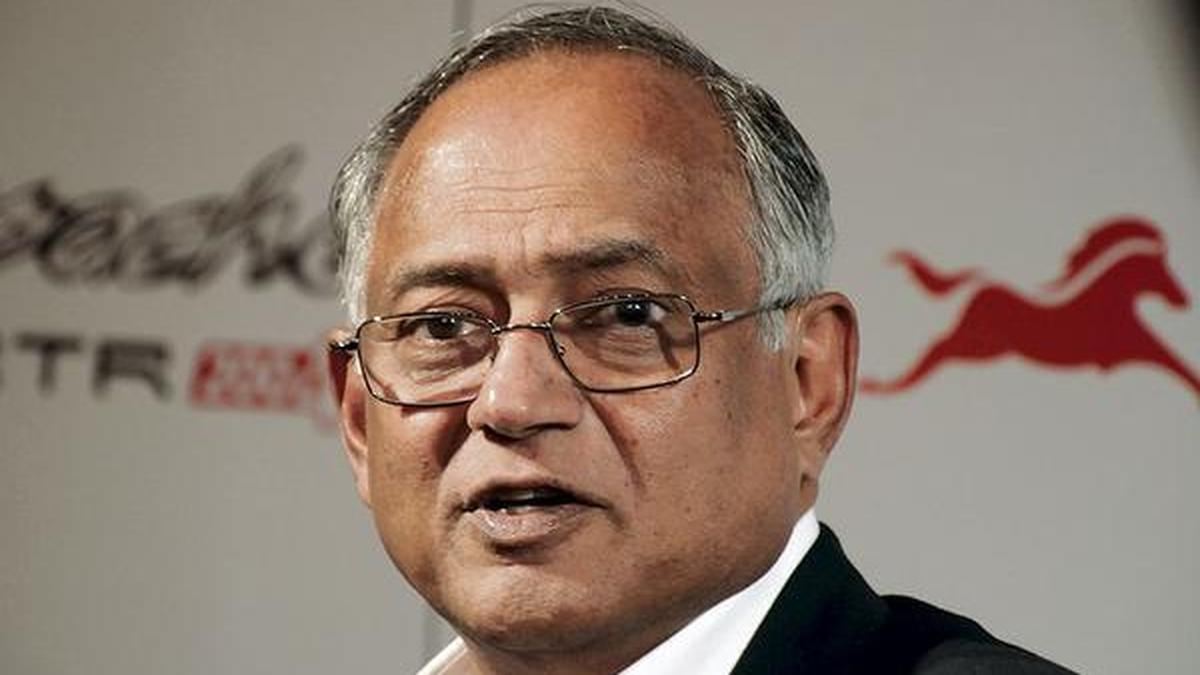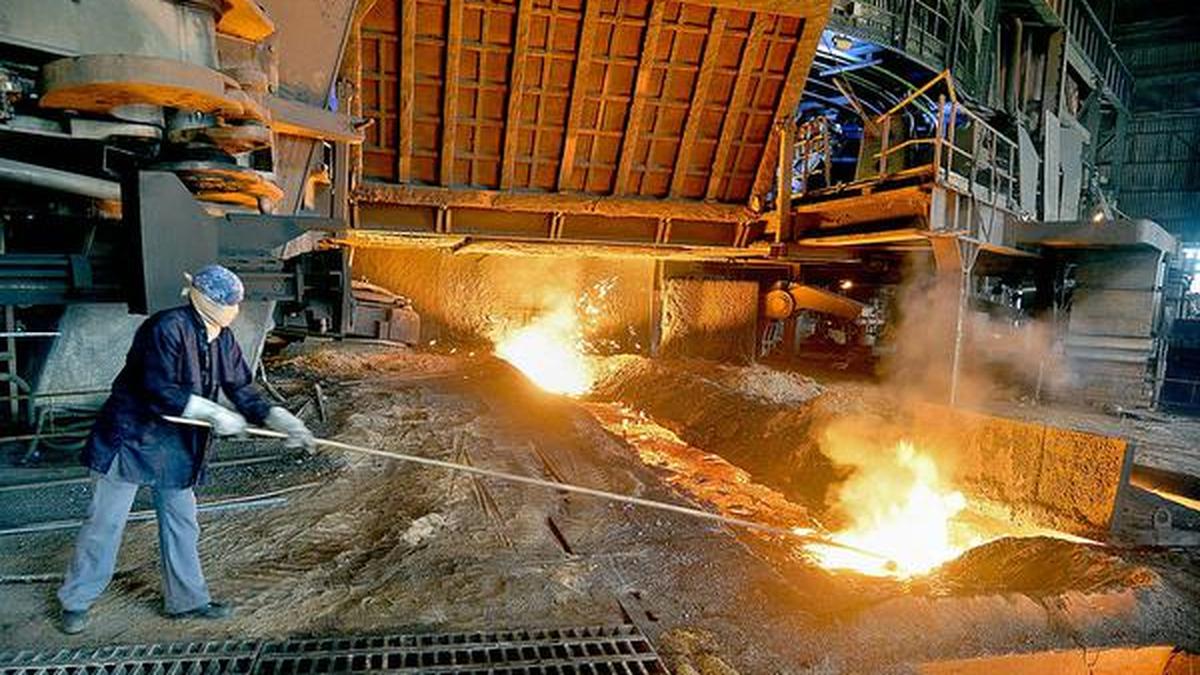The GST changes were fundamental structural changes for the whole economy itself and would lead to long term shifts, Ashish Gupta, Brand Director Škoda Auto India in an interview.
“I am 50 years old, and for the first time in my life, I have seen car prices actually ging down! That shows the scale of change we are witnessing. These are long-term shifts, so I expect the momentum to continue even after Diwali, right through December and into next year. We will have to wait and watch how this reshapes the market,” he said
He said the recent runway success of the all new Octavia RS had given confidence to the company to bring more new cars into the Indian market which it was planning.
Commenting on the company’s performance he said this entire year, had been extremely exciting and by the end of October, it had already achieved its highest-ever annual sales of 61,607 units within just 10 months.
“Of course, the GST reduction has helped, and the Kylaq, the company’s first-ever sub-4m SUV, has been a runaway success. Last month, too, we recorded our highest Kylaq sales numbers. The overall vibe around Škoda is very positive, and we are using this momentum to the fullest,” Mr Gupta said.
He said Octavia RS was helping the company sustain the strong momentum the Škoda brand has built.
“The response to Octavia RS has been phenomenal. When we opened bookings, all 100 units were sold out in just 20 minutes, that’s the kind of equity the Octavia and Octavia RS have in the market. This success gives us great confidence to bring more cars into the country, which is what we are planning next,” he said.
Stating that the GST cut would benefit the small segment the most he said it would expand the overall passenger car customer base. “It gives an opportunity to people who were previously buying used cars, and also helps two-wheeler owners upgrade to four-wheelers. That is good for both the economy and the industry,” he said.
“The rise in demand for smaller cars does not mean larger cars will lose traction. In fact, it is bringing many new customers into the market, which benefits all segments,” he added.
Meanwhile the company is rapidly expanding its service network to cater to its new customers. “Network expansion has been a major focus for us this year, especially since Kylaq introduced us to a new segment. We needed to go where the customers are,” Mr Gupta said.
Last year, it ended with around 250 touchpoints, and within the first 10 months of this year, it has added nearly 65 more. Today the company has around 318 touchpoints across 180 cities. The goal is to reach 350 touchpoints by the end of this year.
Though historically, Škoda had been more of an urban brand, the introduction of Kylaq had changed the dynamics significantly.
“Of the 60–65 new touchpoints we have added in the last 10 months, about two-thirds are in Tier 2 and Tier 3 towns. Today, around 60% of our sales come from these markets. That reflects the rapid development happening in smaller cities, where economic growth and aspirations are rising hand in hand,” Mr Gupta said.
“What’s different now is that aspiration is finally meeting affordability; people can now afford to spend on what they aspire to own. This structural change in the economy is clearly reflected in our sales,” he added.
In October the company reported its highest-ever monthly sales at 8,252 unit. It has sold over 2,00,000 localised cars to date, including the Kushaq, Slavia, and Kylaq.
So far almost 40,000 units of Kylaq have been sold and 2025 has been the biggest ever year in the company’s 25-year journey in India.
Škoda Auto India now has over 7,555 total sales and after-sales workforce personnel and the number is growing.
Published – November 07, 2025 10:09 pm IST


